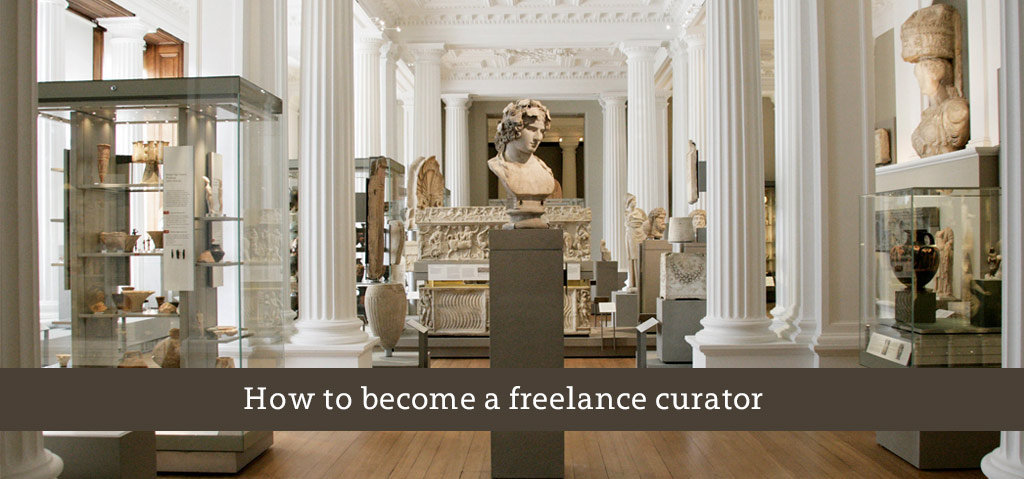
A curator is essentially responsible for the management or oversight of a museum. Much of the management depends on the magnitude of the museum, and this may result in the museum hiring more than one curator. A curator is generally responsible for a variety of management-related matters such as whether the artifacts are being sufficiently kept, and whatnot.
You can find curators in nearly every kind of museum such as history museums, art museums, children’s museums, etc. In the absence of a curator, a museum may go through a hard time managing itself and providing a wholesome environment to the public at large.
From the preceding paragraph, one can naturally gather that curators are among the most important staff members in a museum, and the kind of job duties they discharge is of utmost value. However, there is so much to know about curators and the nature of their work, and therefore, it is not easy to become a part of the community of museum caretakers.
Difficult it may sound but one can establish a great career as a freelance curator, which is among the freshest professionals to have entered the freelance community. There are, however, certain factors that play a key role in the determination of the success of a freelance curator.
1. Job Requirements to Become a Freelance Curator
There is a set of educational requirements one must fulfill to become a freelance curator. The freelance community is increasingly becoming competitive due to the rise in the number of participants—both freelancers and employers—and increasing need for convenience. Read below to know what educational qualification is generally required from freelance curators:
- The minimum eligibility requirement is a Bachelor’s degree. While it is recommended that one opt for a bachelor’s degree in history or related fields, there are no specific field requirements. What is important you choose a field which is material to the kind of museum that you plan to work in. For instance, if you plan on becoming an art gallery curator, you may consider pursuing a Bachelor’s in history or fine arts; if you wish to become a historical museum curator, then a course in anthropology can be considered, etc. There are a number of areas that can be considered, but much of the decision is dependent upon the kind of work you are most willing to do.
- Take a step further and pursue a Master’s course: a master’s course will help you attain in-depth knowledge in the field of study. There are a number of specializations one can opt for such as Native American history, Medieval India, or ancient Chinese art. A Master’s degree will offer a competitive advantage over other applicants for a job.
- You need practical training in the management of museums, and therefore, you need to secure internships. As per surveys, candidates who have undergone internship programs have better opportunities since they bolster credibility and confidence in employers.
- For greater access to relevant information, you may join museology organizations, which usually offer memberships to curators from across the globe. These organizations act as hotspots for professional curators, who share their experiences and knowledge on a variety of topics—something which will be of great value to you and to your career prospects.
- While courses in marketing and business are not important per se, they are important from the perspective of effective management. Curators undertake a major role in the purchase of artifacts and organization of the public exhibition and fundraising events. All of these activities require curators’ impressive marketing skills—that is where these courses will help.
The following skills are required in a freelance curator and are most emphasized upon by employers in the freelance community.
- Communication skills: It is extremely important for curators to possess communication skills. These skills are important in a variety of settings: getting approvals for public exhibition from high authority, paperwork, ensuring coordination among co-workers and subordinates.
- Organizational skills: Whether it is a small or huge museum, it is absolutely essential for a curator to exhibit exemplary organizational skills. He should be able to effectively organize the artifacts, oversee the adequate placement of furniture, etc.
- Fundraising: A museum needs funds to function, and the curator must be closely connected to or informed of fundraising opportunities. This knowledge of fundraising opportunities coupled with impressive communication skills will contribute greatly to the organization of various events of museums such as a public
- Research skills: A Curator should possess good research skills. For example, while selecting an artifact for the purpose of preservation and exhibition in the museum, he must undertake thorough research on the said artifact—he should be aware of each and everything about the artifact in order to make the right choice.
3. Work Opportunities Available To Freelance Curators
The freelance community is extensive, and it has found a special place online in the form of various websites, with notable mentions being freelance.com, linkedin.com, and worknhire.com. These websites allow freelancers to find and apply for jobs and enjoy a better balance of negotiation powers. All that is needed is the creation of a profile, upload of a portfolio of relevant skills and submission of application. While submitting an application, pay proper attention to the proposal that states the reason why the applicant is most suitable for the job.
As a freelance curator, you can work at various museums such as art museums, science museums, animal museums, historical museums, etc. You can work at various cultural and historical departments functional in government bodies.
4. Freelance Curator Salary
Since curators are responsible for a really important chunk of work, they are paid handsomely. (1) An experienced and well-qualified freelance curator may earn around Rs.40,000-60,000 on an average. The pay will depend heavily on the size of the museum: if the museum is well-funded and big, you may end up earning impressively; if the museum is new or under-funded, then you may not earn as much as other curators.




